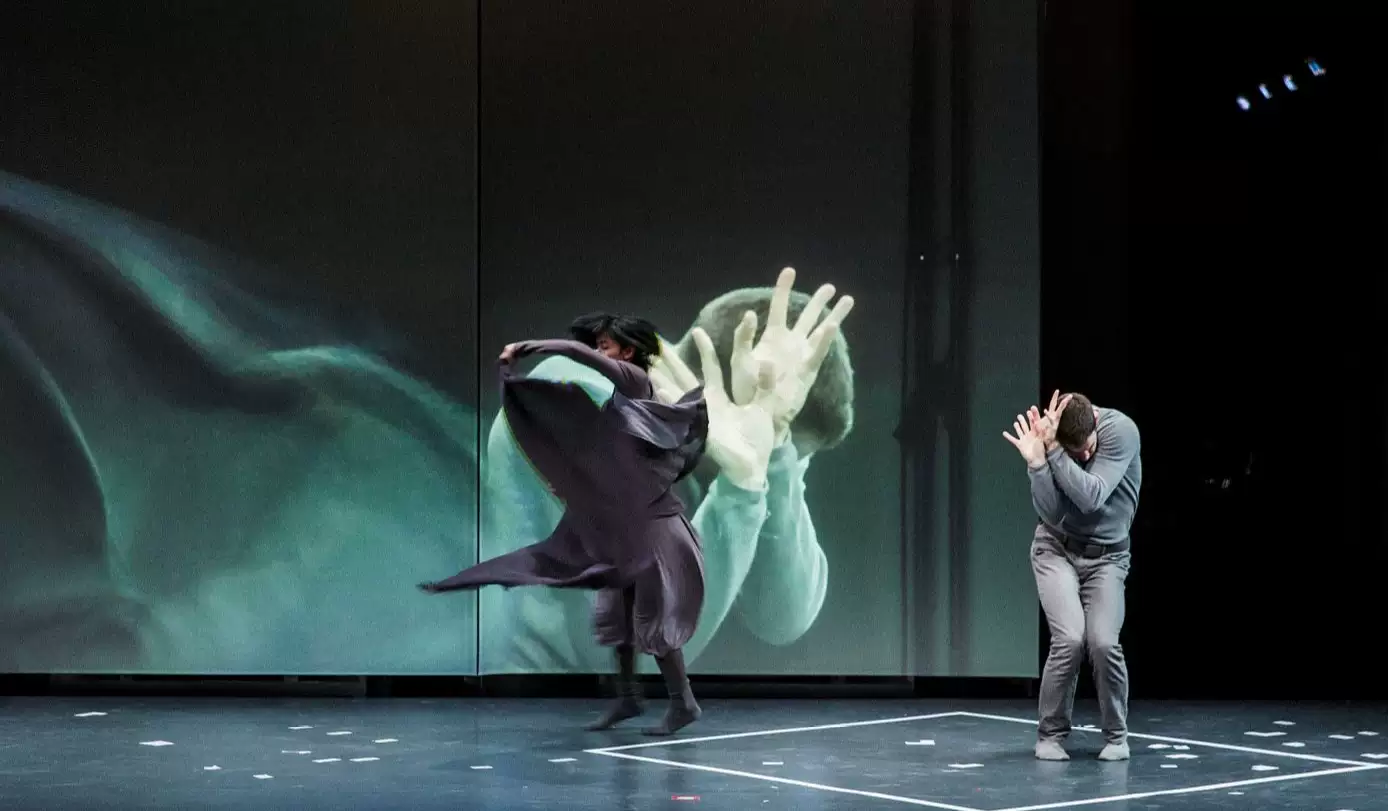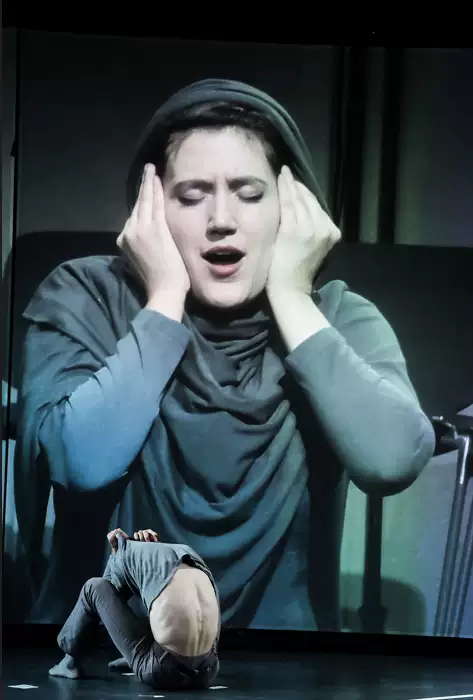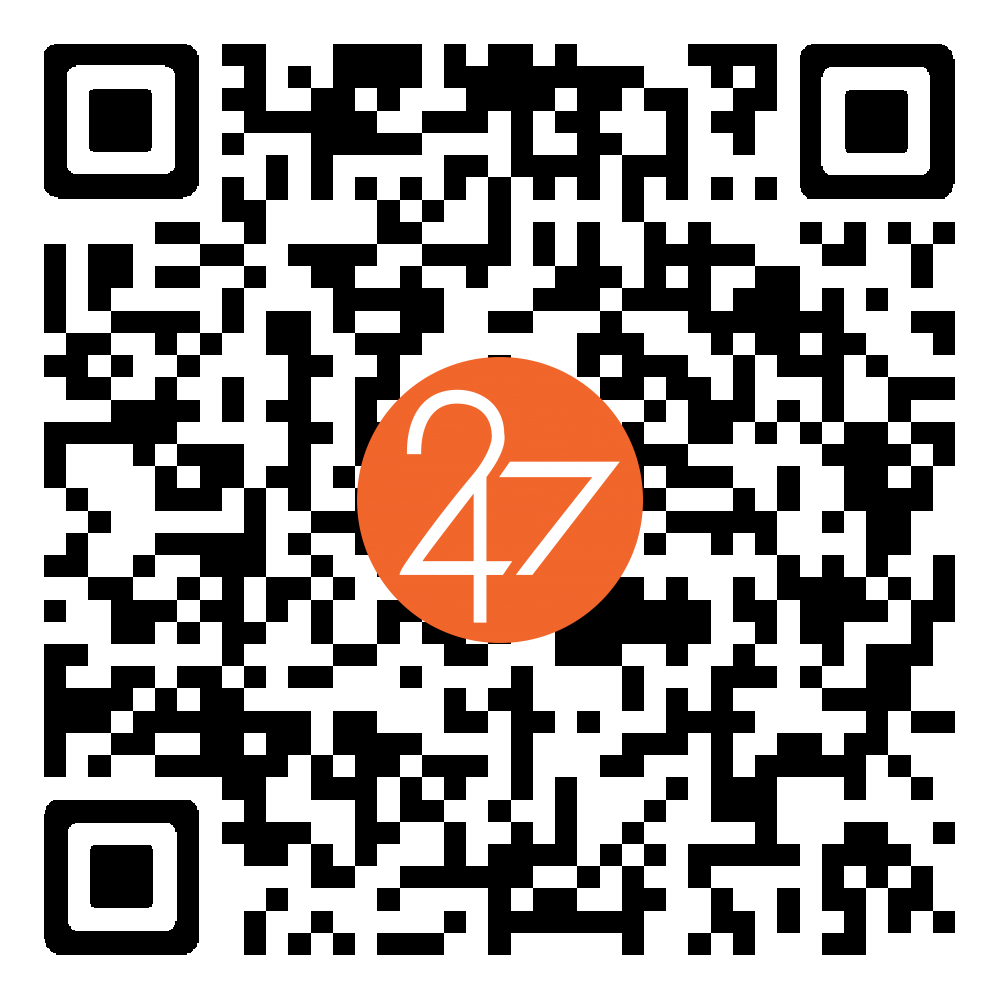
Staged Concert By Nico and The Navigators With Music From FRANZ SCHUBERT
Venue:
Cadillac·Shanghai Concert Hall
523 East Yan'an Road Huangpu Shanghai
Date:
4/26/2024

Staged Concert By Nico and The Navigators With Music From FRANZ SCHUBERT
4/26/2024
Cadillac·Shanghai Concert Hall
523 East Yan'an Road Huangpu Shanghai
¥180 - ¥680
Event details
👉 Receive E-ticket via text message starting with【上海音乐厅】
👉 Children under 1.2m are not allowed to enter
👉 Children over 1.2m will be admitted by full tickets
👉 No cancellation
👉 Children over 1.2m will be admitted by full tickets
👉 No cancellation
Introduction
Franz Schubert‘s songs tell of wandering and leaving, of parting, of being eternally foreign and of loneliness. In a large ensemble work, Nico and the Navigators ask themselves what it means to bring these texts to the stage in a time of globalization and uprooting. How do the strong affects of Schubert‘s music translate into the 21st century? And how can his songs be transformed into the present with all senses?
Accompanied by two cameras, four singers, three performers as well as a string quartet, a piano and an electric guitar go on a journey of discovery. Together they explore Schubert‘s songs in the here and now. In the tension between intimacy and outburst, between past and present, they develop musical as well as physical interpretations and thus find their very own access to the music of yesteryear.
How much courage is needed to leave oneself exposed to the deeply embedded and strong emotions, the upheaval of feelings, of pain and loss, longing and love, revenge and hope? Have these feelings changed in the 21st century? How does music escape the body and how do emotions find manifestation in an auditory experience?
In ‘SILENT SONGS into the wild’ singers embark on a journey through the world of classical song to explore them in the here and now. They are not limited to their voice but utilize their whole personalities and their complete range and repertoire of emotions and movement. Within the tension field of intimacy and outburst, past and present, they developed new vocal and corporal forms of interpretation, finding their own avenues to these once popular songs. The transmission of two cameras shows each single intimate moment - emotions are getting to the audience very directly.
Songs from the cycles “Die Schöne Müllerin”, “Winterreise” and “Schwanengesang”, as well as other Schubert songs are interwoven over the course of the evening revealing a surprising and unknown cycle. Scenic moods grow from between the Lieder - topical societal references through musical association. The result is a production that takes up the moods of the music with its very own performative moments and associatively seeks current social references.
Going forth with great respect for the original pieces the questions are asked: What happens when a song succumbs to the free will of the singer? Might the aria end in laughter? In apathy? In sobbing? In Arabic lament songs? In Jazz? How do contemporary audiences experience Schubert’s songs? Enticing, touching, artificial or estranged? Maybe highly topical? How can our present desires and life attitudes find reflection in these works? In a dialog between performers, a string quartet, a pianist, an eguitar player and two cameras these questions manifest in a range of different sonic and visual variations.





Media evaluation
“Schuber’s music as a hymn of empathy and good mood, of friendship and homeland.One goes out confidently, one‘s head full of good music."
Eleonore Büning | Tagesspiegel 01.08.2021
“[...] indeed, one has rarely experienced Schubert‘s classical songs as fresh and then again as cheerful and ironic as with this fearlessly boundary-breaking ensemble...At the end, after three hours, when the D minor string quartet „Death and the Maiden“ is heard, the audience‘s enthusiasm is unleashed [...]”
Annette Stiekele | Hamburger Abendblatt 12.01.2018
“[...] these images seem very topical, but never forced...Many bravos and long-lasting applause in the almost soldout Konzerthaus after a stimulating and delightful evening. It is so multifaceted, that a single experience is not enough.”
Karin Coper | O-Ton 29.09.2017
“[...] Nico and the Navigators succeed in impressively staging the experience of foreignness and the search for home with a multi-layered performance of Schubert‘s songs...creates a sound cosmos that seems modern, stubborn and yet sensitive... The finale from Schubert‘s string quartet „Death and the Maiden“ - so crystal clear, energetic and convincing that the audience does not want to go home for a long time [...]”
Tomasz Kurianowicz | Tagesspiegel 27.09.2017
“[...] to be a stranger and to arrive, to be desperate and to be safe - this is what this finely choreographed, directed by Nico and brilliantly set up by Oliver Proske in terms of stage and video technology at the state-supporting Konzerthaus.... This is what freedom feels like.”
Andreas Montag | Mitteldeutsche Zeitung 27.09.2017
“A song recital of associations - light and yet leadenly heavy, with moments of exuberance and yet deeply sad, like reality and like Schubert.”
Frauke Thiele | rbb Kulturradio 25.09.2017
Performance group, creator introduction
NICO AND THE NAVIGATORS
were founded in 1998 by Nicola Hümpel and Oliver Proske at the Bauhaus Dessau. From 1999 to 2006, they developed their projects at the Sophiensæle in Berlin, and the ensemble's visually powerful language quickly attracted international attention.
Since the opening of the Radialsystem in 2006, they have been continuously represented here. With projects based around Schubert, Handel, Bach, Rossini, Mahler and contemporary music, they are one of the most important music theatre ensembles in Europe. The productions have toured the world with over 350 guest performances to date and have appeared at renowned theatres and festivals.
NICO AND THE NAVIGATORS were awarded the George Tabori Prize in 2011 and Nicola Hümpel received the Konrad Wolf Prize from the Akademie der Künste in 2016. In 2021, her Arte music film "Force & Freedom - Beethoven between compulsion and freedom" was nominated for the "Opus Klassik" award. Their music video series "Present" reached more than 150,000 viewers on social media during the pandemic.
The ensemble has performed at the Wiener Festwochen, the Berlin Philharmonie, the Konzerthaus Berlin, the Palais des Beaux-Arts de Bruxelles, the Elbphilharmonie, the Moscow Dom Musiki, the Bregenz Festival, the Handel Festival Halle, the UIMT Festival Korea, the Paris Opéra-Comique, the Kunstfest Weimar, the Residenztheater Munich, the Stuttgart State Opera, the Deutsche Oper Berlin, the Hanover State Opera, the Opéra de Rouen and the Grand Théâtre de Luxembourg.
Kuss Quartet
The trademark of the Kuss Quartet is their concept-based programming. With common themes running throughout their programmes, they offer unique experiences to accustomed audiences and new listeners alike. Leader Jana Kuss and Oliver Wille have been playing side by side for over 30 years. Together with their long-standing colleagues William Coleman and Mikayel Hakhnazaryan, they seek to validate the eternal “muss es sein?” of string quartet playing with their own brand of curiosity.
The Kuss Quartett enjoys regular collaborations with musical partners including Miklós Perényi, Dénes Várjon, Pierre-Laurent Aimard, Sarah Maria-Sun, Maurice Steger and Johannes Fischer.
The cross-genre Beethoven programme "Force and Freedom" was developed together with director Nicola Hümpel and her music and dance theatre, "Nico and The Navigators". Delayed by the pandemic, the world premiere took place in November 2021 at the Konzerthaus Dortmund and was subsequently performed at the Schwetzinger Festspiele and Radialsystem Berlin in 2022. The production was filmed by ARTE TV. Thanks to a grant from the state of Lower Saxony and Musik 21, the quartet has been able to commission several new works in the last ten years, expanding the string quartet repertoire with compositions by Enno Poppe, Aribert Reimann, Manfred Trojahn, Bruno Mantovani, Iris ter Schiphorst Johannes Fischer and Mark Andre. This has attracted cooperations with the Concertgebouw and Muziekgebouw Amsterdam, Paris Biennale, the Wigmore Hall in London and Tokyo’s Suntory Hall.
In the 23/24 season, Francisco Coll’s “Codices” will be premiered in Basel and receive further performances in Amsterdam, Berlin and Hanover. The most recent album, "KRISE" (Crisis), was released in January 2023 and explores the subject of its title from different perspectives in both well-known quartet repertoire and specially commissioned works. Today, the Kuss Quartet inspires the next generation in frequent master classes. William Coleman and Oliver Wille hold professorships in Salzburg and Hanover/Birmingham respectively, while Mikayel Hakhnazaryan teaches chamber music at the Hochschule in Karlsruhe and Jana Kuss at the Accademia Perosi in Biella (Italy).
Nicola Hümpel | Concept, artistic direction, costume design
was born in Lübeck and completed her studies at the University of Fine Arts Hamburg under Peter Raacke and Prof Ann Wolf. Together with Oliver Proske, she founded the company NICO AND THE NAVIGATORS in 1998, where she has been responsible for the concepts and direction of all productions ever since. She teaches the directing method she developed at numerous drama and music colleges in Germany and abroad, including the Otto Falckenberg School and the August Everding Theatre Academy in Munich. Nicola Hümpel was awarded the Konrad Wolf Prize by the Akademie der Künste in 2016.
Oliver Proske | Management, Scenography, Technical Management
studied industrial design at the Hochschule für bildende Kunst Hamburg under Dieter Rams and at the Hochschule der Künste Berlin. He has designed over 30 scenery sets for NICO AND THE NAVIGATORS and has also functioned as managing director of the company, which has been based in Berlin since 1999. He has also been the technical director of more than 350 guest performances in over 80 cities worldwide. In addition to his work as a stage designer, he also worked as a designer, and one of his lights can be seen in the Bauhaus Museum in Dessau. As part of the 100th anniversary of the Bauhaus, he developed the first augmented reality glasses performance "Betrayal of Images" in 2019. The AR_Loopmachine developed from this was among the finalists for the Aurea Award in 2022. He was a board member of the Bund der Szenografen e.V. from 2015 to 2021.
Program
Franz Schubert (1797-1828)
Prolog
Ständchen D.957
Text: Ludwig Rellstab
Der Wegweiser D.911
Text: Wilhelm Müller
Suleika I D.720
Text: Marianne von Willemer
Die Krähe D.911
Text: Wilhelm Müller
Der Doppelgänger D.957
Text: Heinrich Heine
Dass sie hier gewesen! D.775
Text: Friedrich Rückert
Impromptus in E-flat Major, D.899
Meeres Stille D.216
Text: Johann Wolfgang von Goethe
Gretchen am Spinnrade D.118
Text: Johann Wolfgang von Goethe
Nachtstück D.672
Text: Johann Mayrhofer
Erstarrung D.911
Text: Wilhelm Müller
Der Lindenbaum D.911
Text: Wilhelm Müller
Der Müller und der Bach D.795
Text: Wilhelm Müller
String Quartet No.15 in G Major, Movement 3, D.887
Gute Nacht D.911
Text: Wilhelm Müller
Der Leiermann D.911
Text: Wilhelm Müller
——Intermission——
Abschied D.957
Text: Ludwig Rellstab
Das Fischermädchen D.957
Text: Heinrich Heine
Der Tod und das Mädchen D.531
Text: Matthias Claudius
Die Stadt D.957
Text: Heinrich Heine
Der Wanderer D.489
Text: Georg Philipp Schmidt
Auf dem Flusse D.911
Text: Wilhelm Müller
Heidenröslein D.257
Text: Johann Wolfgang von Goethe
Im Frühling D.882
Text: Ernst Schulze
Rastlose Liebe D.138
Text: Johann Wolfgang von Goethe
Die Post D.911
Text: Wilhelm Müller
Tränenregen D.795
Text: Wilhelm Müller
Mein! D.795
Text: Wilhelm Müller
String Quartet No.14 in D Minor, D.810
Der Tod und das Mädchen, Movement 4
Notice
Time:2024.4.26(Fri.) 19:30
Venue:Shanghai Concert Hall , Main Hall
(Address: No. 523 East Yan 'an Road)
Price:180 RMB - 680 RMB
Duration: 140 minutes (includes 20mins interval)

Follow our WeChat for event news, deals, gossip and more!
Book Now
Staged Concert By Nico and The Navigators With Music From FRANZ SCHUBERT
Venue:
Cadillac·Shanghai Concert Hall
523 East Yan'an Road Huangpu Shanghai
Date:
4/26/2024
© 247tickets 2020 沪ICP备19024898号-2

 Add us on WeChat to speak to our friendly customer service team! ID: Tickets247Tickets
Add us on WeChat to speak to our friendly customer service team! ID: Tickets247Tickets